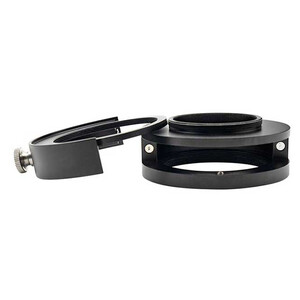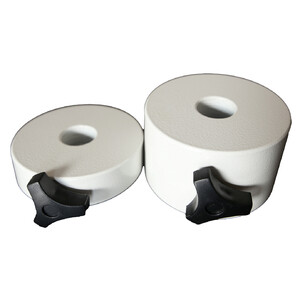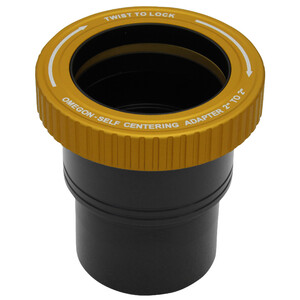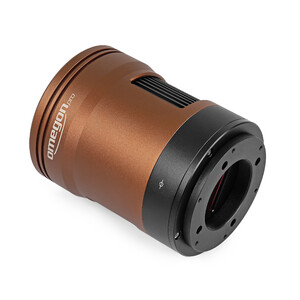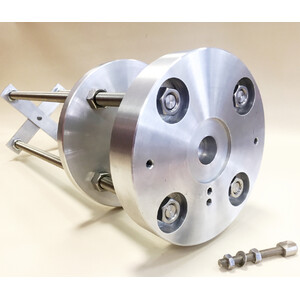Le filtre anti-pollution lumineuse Antlia Quad Band est un filtre de suppression de la lumière pour appareils photo couleur et monochromes. Il est capable de reproduire la plupart des objets du ciel profond tels que les galaxies, les nébuleuses par réflexion, les nébuleuses par émission et les amas d'étoiles de Bortle 8 à Bortle 1, car sa transmission spectrale couvre à la fois le domaine de la lumière visible, l'ultraviolet proche (NUV) et l'infrarouge proche (NIR). Le filtre Antlia Quad Band a une large longueur d'onde centrale, conçue pour des optiques plus rapides jusqu'à un rapport d'ouverture de f/2.
Compte tenu de la haute efficacité quantique (QE) des derniers appareils de prise de vue dans le proche infrarouge et du fait que cette gamme est moins sensible à la pollution lumineuse artificielle, le filtre Antlia Quad Band Light-Pollution offre une transmission élevée dans le proche infrarouge (NIR). Cette conception spectrale améliore le rapport signal/bruit et le contraste de l'image en capturant les signaux dans le domaine visible et dans le domaine NIR, tout en conservant un bon équilibre des couleurs et en facilitant le post-traitement.
Certainsobjets à spectre complet, tels que M51 et M83, présentent un signal significatif dans le proche infrarouge (NIR). Vous pouvez éventuellement capturer ces objets du ciel profond avec le filtre Antlia Quad Band dans des conditions de pollution lumineuse en augmentant le contraste. Si vous utilisez ce filtre avec un appareil de prise de vue équipé d'un verre de protection UV/IR, le signal dans le domaine visible est conservé, mais le verre de protection IR limite la possibilité de capturer des cibles avec des signaux infrarouges. C'est pourquoi le filtre Antlia Quad Band est plus adapté aux appareils de prise de vue avec verre de protection AR.
